October 1, 2018 technical workshop on Sustainable Development Goals (SDGs) was held.
Topics of the workshop:
What is sustainable development?
How will the Sustainable Development Goals be implemented?
17 Sustainable Development Goals.
World rankings and Sustainable Development Goals.
The objectives of NURE to implement the Sustainable Development Goals.
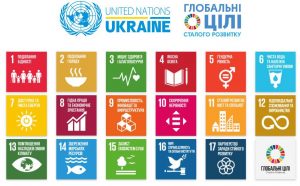
2015 presented a historic and unprecedented opportunity to bring the countries and citizens of the world together to decide and embark on new paths to improve the lives of people everywhere. These decisions determined the global course of action to end poverty, promote prosperity and well-being for all, protect the environment and address climate change.
In September 2015, countries adopted a new sustainable development agenda and a new global agreement on climate change. The actions taken in 2015 resulted in new sustainable development goals that build on the eight Millennium Development Goals.
The new Sustainable Development Goals (SDGs) agenda that all countries in the world are now following in setting their own development platforms includes 17 goals and 169 specific targets. The SDG Agenda was officially launched in the context of the UN General Assembly meetings in late September 2015.
Ukraine, like other UN member states, has joined the global process of achieving sustainable development. To establish a strategic framework for the national development of Ukraine for the period until 2030, based on the principle of “Leave no one aside”, an inclusive process of adaptation of the Sustainable Development Goals was launched.
Rector of NURE prof. Valerii Semenets made a presentation “Sustainable Development Goals and University’s Third-Mission”.
The Sustainable Development Goals are the blueprint to achieve a better and more sustainable future for all. They address the global challenges we face, including those related to poverty, inequality, climate, environmental degradation, prosperity, and peace and justice. The Goals interconnect and in order to leave no one behind, it is important that we achieve each Goal and target by 2030.
Goal 1: End poverty in all its forms
Goal 2: Zero Hunger
Goal 3: Health
Goal 4: Education
Goal 5: Gender equality and women’s empowerment
Goal 6: Water and Sanitation
Goal 7: Energy
Goal 8: Economic Growth
Goal 9: Infrastructure, industrialization
Goal 10: Inequality
Goal 11: Cities
Goal 12: Sustainable consumption and production
Goal 13: Climate Change
Goal 14: Oceans
Goal 15: Biodiversity, forests, desertification
Goal 16: Peace, justice and strong institutions
Goal 17: Partnerships
The head of AI Department prof. V. Filatov was announced new rating.
Times Higher Education is developing a new global university ranking that aims to measure institutions’ success in delivering the United Nations’ Sustainable Development Goals.
The 17 goals – which include providing inclusive and equitable quality education, achieving gender equality and fostering innovation – were adopted by the UN in 2016 and provide a framework for developing the world in a sustainable way.
The first edition of the ranking will include metrics based on 11 SDGs, but the long-term goal is to measure performance against all 17 goals.
Data will be collected from universities and Elsevier to produce an overall ranking of universities based on the best four or five SDGs per university. Individual rankings of the universities that are best achieving the 11 SDGs will also be published.
The ranking will be open to all accredited universities that teach undergraduates, and the first edition will be launched at THE’s Innovation and Impact Summit in South Korea in April 2019.
Metrics currently being explored include the number of graduates in health professions, the proportion of women in senior academic positions, and policies and practices regarding employment security.
THE originally planned to launch an impact ranking based primarily on universities’ economic impact – examining their interactions with business and their development of commercially exploitable ideas – but has decided to expand its approach to cover a much wider definition of impact, based on feedback from the sector.
While some national systems were trying to gather evidence on universities’ role in achieving the SDGs, the new ranking will be the first global attempt at measuring this activity and “moves well beyond established ranking parameters of research and reputation”, he added.
The new table will provide an opportunity for institutions that do not usually appear in the THE World University Rankings to feature.
What is the THE University Impact Rankings about? The THE University Impact Rankings will show how the global higher education sector is working towards the United Nations’ Sustainable Development Goals.
Why is the THE University Impact Rankings important? It provides a showcase for the work being delivered by universities in our communities, and it is an opportunity to shine a light on institutional activities and efforts not covered in other rankings. It will allow us to demonstrate the differences a university is making to the world we live in.
How will the ranking work? The ranking is based on the 17 SDGs. Not every target relates directly to universities, but the higher education sector has a significant role to play in helping nations to deliver on the SDGs agenda.
THE will produce an overall ranking of universities based on data on the goal of revitalizing global partnerships (the only mandatory goal) plus the best three SDGs per university. This will allow universities to demonstrate their excellence in the areas that are most relevant to them, their community and their country.
Individual rankings of the universities that are best achieving the 11 SDGs will also be published.
Data will come from a variety of sources, including:
Direct submissions from institutions
Bibliometric datasets from Elsevier
Reputation survey.
The 11 Sustainable Development Goals were selected for THE Impact Ranking 2019:
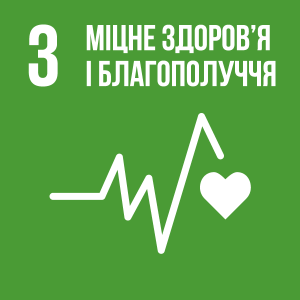
Goal 3: Health
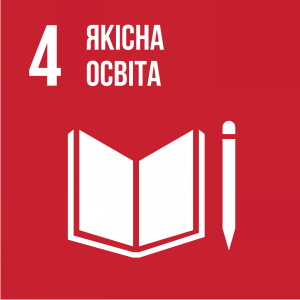
Goal 4: Education
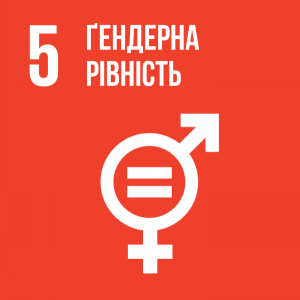
Goal 5: Gender equality and women’s empowerment
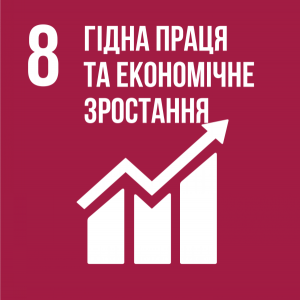
Goal 8: Economic Growth
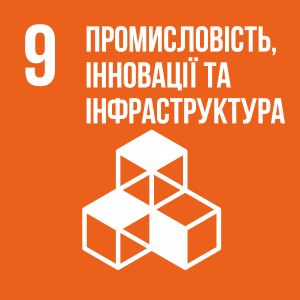
Goal 9: Infrastructure, industrialization
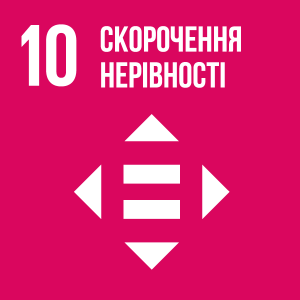
Goal 10: Inequality
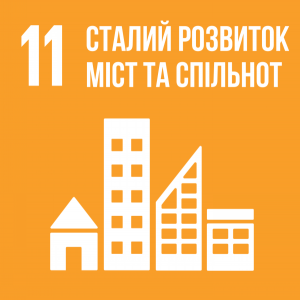
Goal 11: Cities
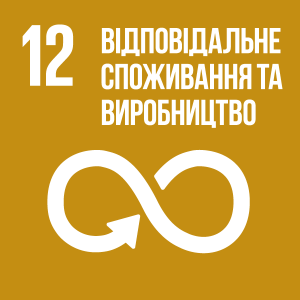
Goal 12: Sustainable consumption and production
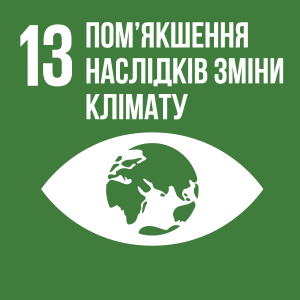
Goal 15: Biodiversity, forests, desertification
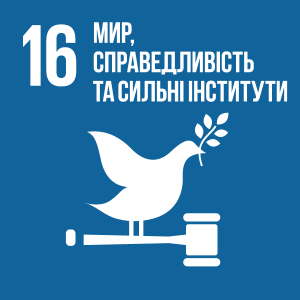
Goal 16: Peace, justice and strong institutions
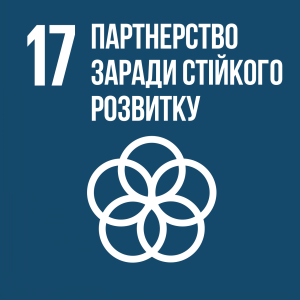
Goal 17: Partnerships
The University scientists participated in the discussion. Following the discussion of actions to participate in the achievement of the Sustainable Development Goals, it was decided to develop NURE Strategy of Internationalization and also take into account the main goals of sustainable development in all spheres of university activity.
